In this post, we look at the challenge of maintaining a DevOps mindset, especially in the face of adversity.
Speaking from a personal perspective, I can certainly say that a DevOps mindset helps me with adversity. However, when you’ve invested lots of time building your DevOps culture, it’s important to make sure you can maintain that culture in different scenarios.
During the Coronavirus pandemic teams around the world had to change how they worked and still maintain themselves as high performing teams and a DevOps mindset. In the current economic turmoil, maintaining a DevOps mindset is more important than ever.
What is the challenge?
A healthy DevOps mindset navigates various paths of continuous improvement in which disruption, discipline, and guardrails are the norm. What no one expected is the radical disruption we all experienced during and since the pandemic, and the impact it is having on our DevOps and personal mindset, our workflows, and the Kanban and agile team ceremonies.
Tuckman’s theory of group development, which outlines how teams develop into productive high performers in stages, may be familiar to you. As expected, most, if not all, agile teams that transitioned from collocated to remote setup will return to the storming stage, as shown below.
Do not be afraid of change. Returning to storming is natural, and it provides an opportunity to embrace the challenges.
Here are five ideas for a healthy DevOps mindset as we evolve our organisations’ collaboration and delivery models during (and after) the pandemic.
- Building interaction points
- Fight the urge to build silos
- Invest in a culture of learning
- Connect and focus
- Keep innovating
Let’s now look at these five areas in more detail.
Building interaction points
Human interaction is essential in DevOps. The invention of new ways to stay in touch from a distance will most likely be a recurring theme in all the improvements that can be made remotely.
Using virtual communication to host a community of practise, discussions, demonstrations, and meetup events, you can continue to build stable relationships with your peers, colleagues, workers, and users. My team participates in monthly virtual meetups and hosting fortnightly webcasts to discuss topics of interest, such as our new continuous delivery pipelines, to replace those invaluable in-person hallway discussions. The now-virtual ceremonies enable us to connect, maintain a supportive presence, create transparency, and communicate intent, all of which are essential for demonstrating loyalty and confronting today’s trying times.
Fight the urge to build silos
Everyone left the familiar setup of the office, where many people worked together in the same location, on short notice. Instead of teamwork and collaboration, which are essential for agile and DevOps, we are now isolating ourselves behind the Internet router. Instead of breaking down silos, we’re essentially creating a virtual maze.
Instead of becoming a hero or creating another silo, inspire and share collaboratively. This is most likely the most difficult DevOps core value to cultivate during times of adversity.
Invest in a culture of learning
Learning does not happen by itself, so make sure to incorporate dedicated learning opportunities into your new routine. Review your processes, automation (or lack thereof), products, and documentation on a regular basis—this is an opportunity to ensure that anyone can operate without the need for a face-to-face discussion to fill in the gaps.
When you can, be positive, and when you can’t, be honest, but always smile during your virtual collaboration sessions. Others will sense your honesty, humility, and enthusiasm, and you will inspire your colleagues and stakeholders to look at new frontiers with fresh eyes and embrace a growth mindset.
Connect and focus
Collaboration is the core value of our DevOps mindset at home, as highlighted by the first item on this list. This implies that we must listen, communicate, create transparency, and extend trust. Communicate with your manager to clarify expectations and keep in touch with your team and stakeholders via emails, chats, video conferencing, and phone calls.
During video conference calls, make sure you are present and focused. Keep your camera on, if possible, to ensure that visual cues and expressions are not lost, and most importantly, show kindness and respect. The best organisations in the world recognise that working remotely can mean home life can at times impact work life.
Keep innovating
The success of individuals working in high performing teams and teams which have embraced that DevOps mindset is down to several different factors. One which stands out for me is the ability to innovate.
Innovation is one of the things that keep engineers happy. It is one of the things that also helps keep the business moving forward. When you are working remotely, it’s important to make sure you don’t lose the innovation angle.




